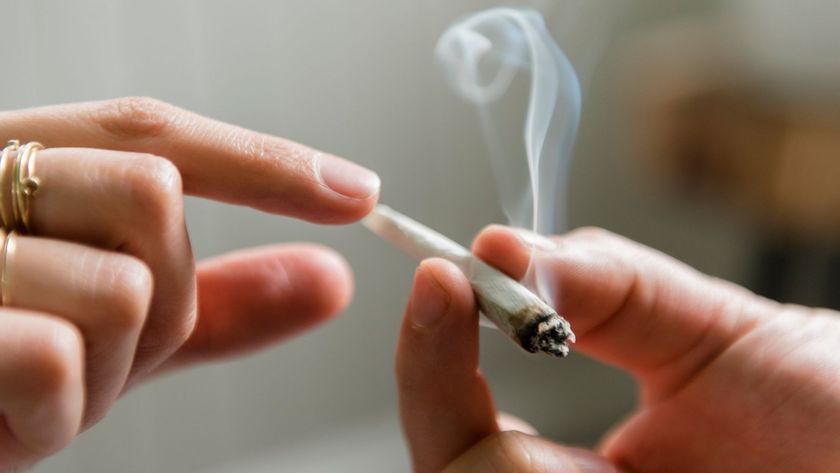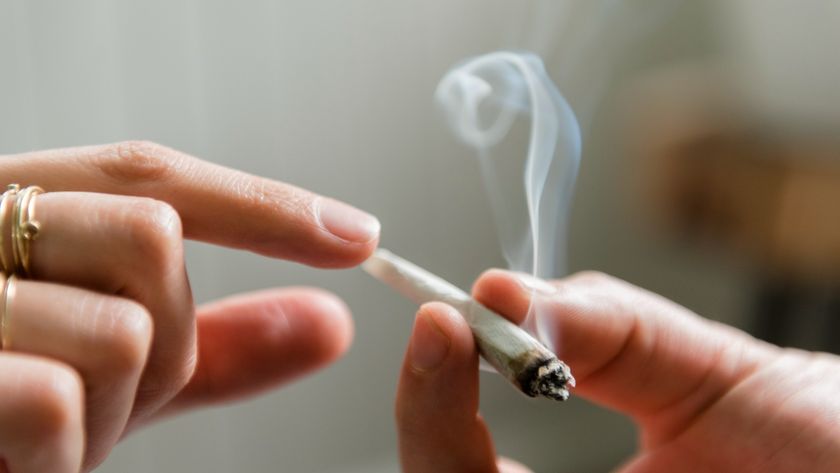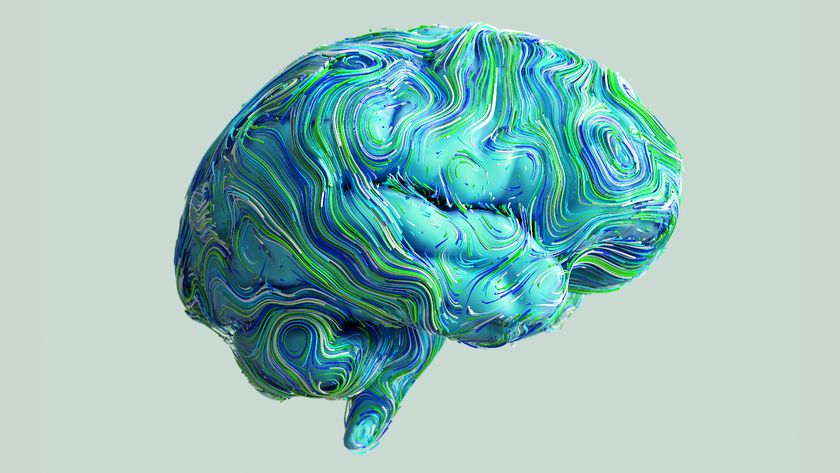5 Pot Facts for 4/20
Marijuana Facts
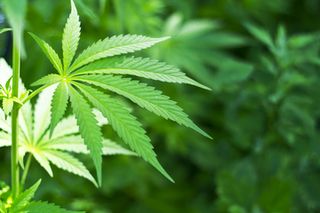
Pot enthusiasts celebrate April 20 as the international day of marijuana. This drug, long outlawed in the United States, has gained growing public acceptance. Both Washington state and Colorado now allow legal sales of recreational marijuana to adults ages 21 or older.
Pot legalization remains controversial, however, and myths and misconceptions about marijuana are common. Here are some quick facts about the psychoactive plant.
The Origins of pot
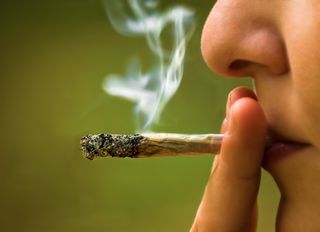
Marijuana probably hails from Central Asia, according to "Cannabis: A History" (Macmillan, 2005). The oldest written record of the drug dates back to 2727 B.C., according to the Arlington, Va., Drug Enforcement Administration Museum & Visitors Center. The original reference, a medicinal book called "The Herbal," no longer exists, but legend has it that Chinese Emperor Shen Nung penned the tome.
The spiky-leafed plant made it to the Western Hemisphere in A.D. 1545, imported to Chile by Spanish colonists to use in textiles.
Outlawing a plant
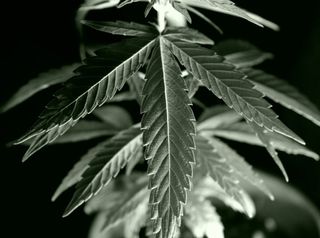
The road to illegal cannabis in the United States began in 1906, when Congress passed the Pure Food and Drug Act. This was the first major federal legislation laying out regulations on food and drug labeling and setting standards for purity. Over the next several years, states tightened laws against "habit-forming" drugs, usually including cannabis. No longer were narcotics freely available in parlors and pharmacies around the country.
The process of restricting marijuana continued both federally and on the state level. In 1970, Congress passed the Controlled Substances Act, which lists marijuana as a Schedule I drug, alongside heroin, LSD, ecstasy and other mind-altering substances.
Reefer Madness?
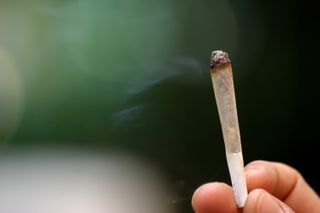
One of the biggest controversies about pot is whether it contributes to mental illness. Research suggests that heavy use of marijuana can lead to psychosis and can worsen psychosis in people already struggling with symptoms.
Research published in 2012 in the journal Archives of General Psychiatry finds that the main psychoactive ingredient in pot, tetrahydrocannabinol (THC), causes brain changes in areas that previous studies linked to psychosis. (On the other hand, another compound in marijuana, cannabidiol, actually decreased psychotic brain processes, the study found
The age at which a person begins smoking pot may influence the individual's risk of psychotic side effects. One study of 1,037 young people in New Zealand published in 2002 in the British Medical Journal found more psychotic symptoms in people who used cannabis by ages 15 and 18 than in those who waited longer to try the drug. Those results held even after researchers controlled for the effect of pre-existing symptoms of psychosis at age 11.
Better than Alcohol?

Advocates of marijuana legalization tout its relative safety compared to alcohol, which is, after all, readily available.
Pot is certainly less immediately dangerous than booze, a Live Science investigation of the issue found in 2014. Drinking too much alcohol can shut down the brain areas that keep the heart beating and lungs breathing; pot doesn't pose such a risk of fatal overdose.
That isn't to say that marijuana intoxication is always harmless. On March 11, 2014, a Wyoming college student visiting Denver jumped to his death after eating more than six times the recommended serving of a marijuana-infused cookie and reportedly experiencing hallucinations. The coroner's report listed marijuana intoxication as a precipitating factor in the 19-year-old's death.
The health effects of chronic marijuana usage are less clear. (It can be difficult to do medical studies on an illegal drug, and it's also hard to find people who smoke but don't drink.) A 2012 study published in the Journal of the American Medical Association found that casual pot use does not decrease lung function. But some early research points to links between pot use and testicular cancer in young men, as well as brain changes that might contribute to memory problems and anxiety disorders.
Of course, alcohol use is responsible for a variety of nasty outcomes, including roughly 3.5 percent of the cancer deaths in the United States.
Growing Acceptance

In the last 40 years, pot has become increasingly accepted in the United States. Only 12 percent of people favored legalization of the substance in 1969, Gallup polls show. As of 2013, the number of Americans favoring legalization had jumped to 58 percent.
That number is higher than the previous record of 50-percent support, measured by Gallup in 2011. Sixty-five percent of Democrats support legalization, as do 35 percent of Republicans and 62 percent of Independents.
Sign up for the Live Science daily newsletter now
Get the world’s most fascinating discoveries delivered straight to your inbox.

Stephanie Pappas is a contributing writer for Live Science, covering topics ranging from geoscience to archaeology to the human brain and behavior. She was previously a senior writer for Live Science but is now a freelancer based in Denver, Colorado, and regularly contributes to Scientific American and The Monitor, the monthly magazine of the American Psychological Association. Stephanie received a bachelor's degree in psychology from the University of South Carolina and a graduate certificate in science communication from the University of California, Santa Cruz.
